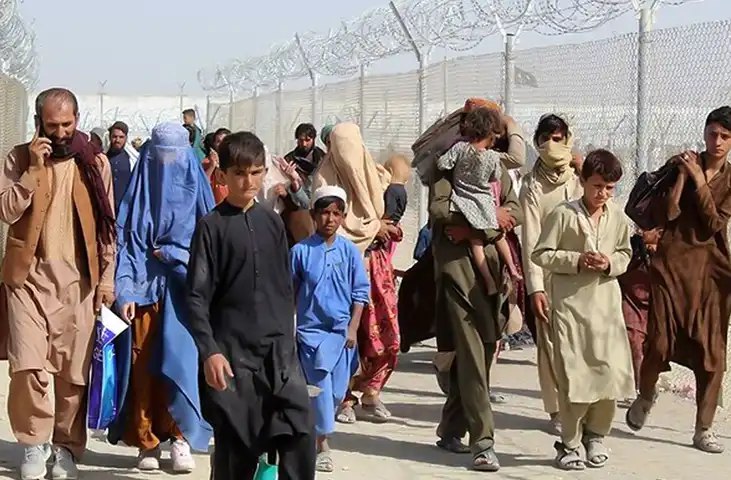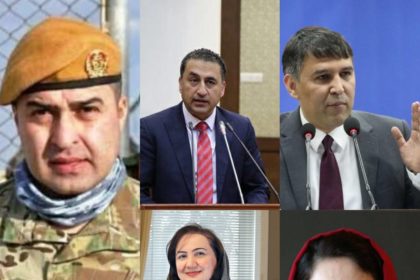RASC News Agency: More than 2,500 Afghanistani families were forcibly expelled from neighboring Iran and Pakistan in the space of just one day, according to official figures released by the Taliban’s self-styled Commission for Refugee Affairs. The Taliban-controlled Bakhtar News Agency reported on Monday, September 8, that a total of 2,598 families were deported. Of these, 1,373 families crossed back into Afghanistan through the border points of Torkham, Spin Boldak, and Bahramcha, while a further 1,225 families were returned from Iran via Islam Qala and Pul-e-Abrisham.
Taliban officials, quoted by Bakhtar, claimed that the deported families were “provided with initial humanitarian assistance” to meet their immediate needs. Yet eyewitness accounts and reports from independent humanitarian workers contradict this narrative. In reality, many deportees are left stranded in barren border regions without shelter, food, or medical care, abandoned to survive in the ruins of a country already devastated by earthquakes, drought, and economic collapse under Taliban rule.
The timing of these mass expulsions has exacerbated the suffering of returnees. Over the past week, the bulk of humanitarian aid—both international and domestic—has been redirected to address the destruction caused by a powerful earthquake in eastern Afghanistan. Consequently, support for deported families has been severely limited. Kabul residents interviewed by RASC expressed frustration at the situation. “The Taliban make grand claims about helping returnees, but in reality, people are left on their own. Families sleep on the ground with no food. Children are crying from hunger, and no one cares,” said Farid Ahmad (a pseudonym), a shopkeeper near Kabul.
Despite repeated appeals from international human rights organizations and aid agencies to suspend deportations in light of the humanitarian emergency, the expulsions continue. Pakistani officials have confirmed plans to drive out nearly one million Afghanistani migrants, while Iranian authorities have declared that more than 800,000 Afghanistani nationals must leave before the year’s end.
The United Nations has documented the return of more than 2.3 million Afghanistani migrants from Iran and Pakistan since the start of 2025, underscoring the magnitude of the crisis. With Afghanistan already on the brink of social and economic collapse, the influx of destitute families further deepens the humanitarian catastrophe.
Taliban authorities insist that the mass returns are being “monitored and managed under organized frameworks.” However, the reality contradicts their rhetoric. The regime has neither the administrative capacity nor the political will to provide adequate shelter, livelihoods, or reintegration programs for returnees. Instead, deported families find themselves plunged into a cycle of displacement, hunger, and despair—symptoms of the Taliban’s failure to govern or safeguard its citizens.
The forced returns highlight not only the harsh policies of neighboring states but also the Taliban’s incompetence and indifference. For many deported families, Afghanistan is no longer a homeland but a place of enforced exile within their own country, where survival depends not on state support but on sheer resilience against a regime that has stripped them of both rights and hope.






